Life is an adventure, and like any journey, it is full of surprises and twists. That’s where the superhero of personal finance steps into the emergency fund. Having an emergency fund is essential. Consider it a shock absorber for life’s shocks, which will save you from contributing to the debt you’re currently carrying.
The coronavirus pandemic has highlighted the need to establish an emergency fund when a crisis strikes. Building emergency funds can help young people protect their financial stability and avoid debt in the event of an unexpected expense. Young people are more likely to experience financial emergencies than older adults.
Continue reading to learn how to create an emergency fund and how much money you’ll need to save.
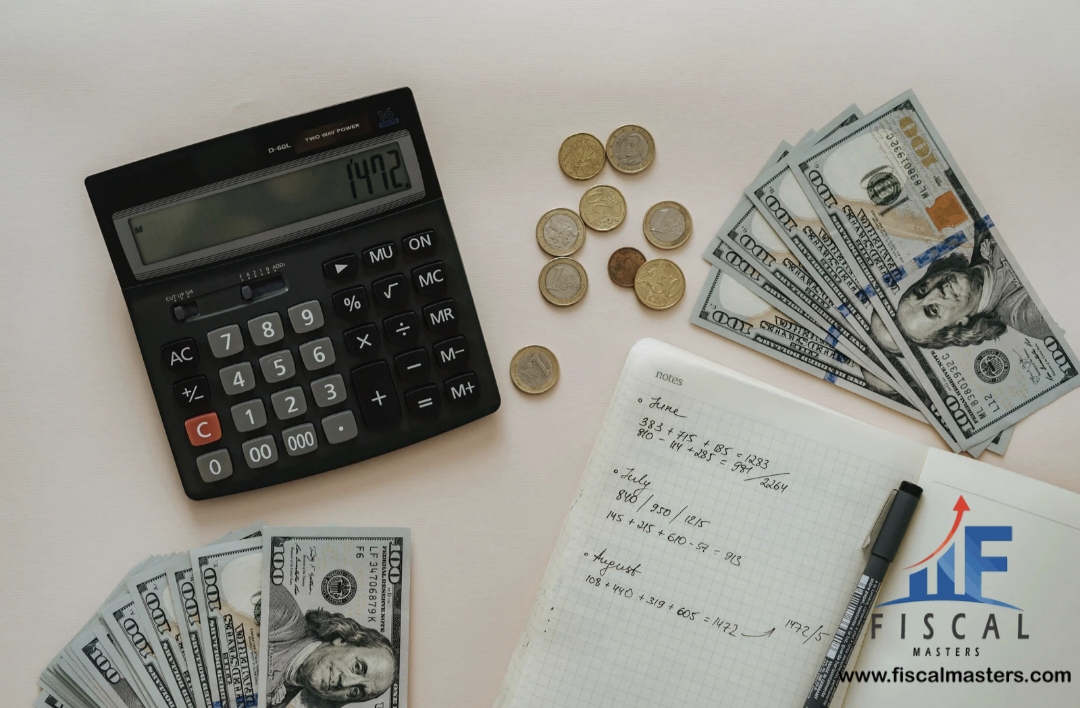
What Is The Emergency Fund?
An emergency fund is a financial safety net established by people or families to handle unforeseen bills or financial emergencies. An emergency fund aims to keep people from depending on high-interest debt, such as credit cards or loans, when they face unforeseen bills. People can solve unanticipated financial issues without jeopardising their overall financial health if they have a conveniently available pool of money.
Key Takeaways
- An emergency fund is an important part of any sound financial strategy.
- The general rule of thumb is to have three to six months’ living expenses in your emergency fund.
- To fill your fund, discover methods to save and exchange your money and any economic windfalls.
Emergency Fund Calculator
Ideally, six months’ worth of needed costs, such as rent or mortgage, utility bills, and consumables. If you’re just starting, you may start with a lesser goal, such as three months’ critical costs. Don’t be disappointed, as any emergency savings is better than none. It can take some time, but even a tiny emergency fund is preferable to nothing, so don’t give up.
Review your spending over the previous three months to see how much you spent. Then, using a budget, figure out how much you might put aside each month for an emergency fund. If your monthly expenses are £2,000 (including rent or mortgage payments), you should save at least £6,000. An emergency fund acts as a protective barrier, shielding you from the aftermath of unexpected events.
Read out other investment and saving tips : What is Sustainable Investing How to Align Your Profits with Environmental Goals- July 2023
Your circumstances determine the amount you should have in an emergency savings fund. Consider the most common forms of unanticipated expenses you’ve faced, as well as the amounts they cost. This may help you choose how much you want to set aside.
Saving money may be difficult if you live paycheck to paycheck or are not paid a consistent amount each week or month. However, even a small savings might provide financial security.

Emergency Savings Calculator
The initial phase is determining how much money you spend each month. Accommodation, transportation, and meals will consume most of your funds. Following the BLS Consumer Expenditures study, a typical household consumes 62% of its income, which is $73,573 before taxes,
Once you’ve determined your overall monthly spending, multiply that figure by three. Your initial objective will be to reach that figure. To meet your three-month goal, you must begin saving money.
Read more: Prioritizing Debt Repayment: Strategies to Pay Off your Debt and Stay Afloat- July 2023
Life Savings
An emergency fund is more than simply a place to store cash; it’s a place to save for the rest of your life. It’s your safety net in times of uncertainty, ensuring you have enough money to meet unexpected bills without going into debt or becoming stressed. Having a life savings fund helps you manage life’s problems confidently, whether it’s a medical emergency, an unexpected auto repair, or an unplanned vacation obligation.
Emergency Funds Importance
Aside from financial security, having an emergency cash reserve has additional advantages.
It aids in the reduction of stress
It should come as no surprise that when life throws a crisis at you, it affects your financial well-being and produces stress. If you don’t have a cushion of protection, you’re living on the “financial” edge, trying to get by without a disaster.
Being ready with emergency funds assure you that you can deal with any unforeseen occurrences without additional financial problems to your checklist.
It prevents you from spending on the whim of the moment
You’ve probably heard the expression “out of sight, out of mind.” That is the most excellent strategy to keep your emergency funds. If the cash is just as far away as your nearest debit card, you might want to spend it on something silly, such as a fancy party dress or a large-screen television—not exactly an emergency.
Keeping the cash out of sight guarantees you can’t spend it on a whim, no matter how badly you want to. And, by keeping it apart, you’ll know precisely how much you have—and how much you might require to save. Check out how to avoid overspending.
It stops you from making poor financial choices
There may be alternative methods to get cash quickly, such as borrowing, but at what price? Some of the disadvantages include interest, fees, and consequences.
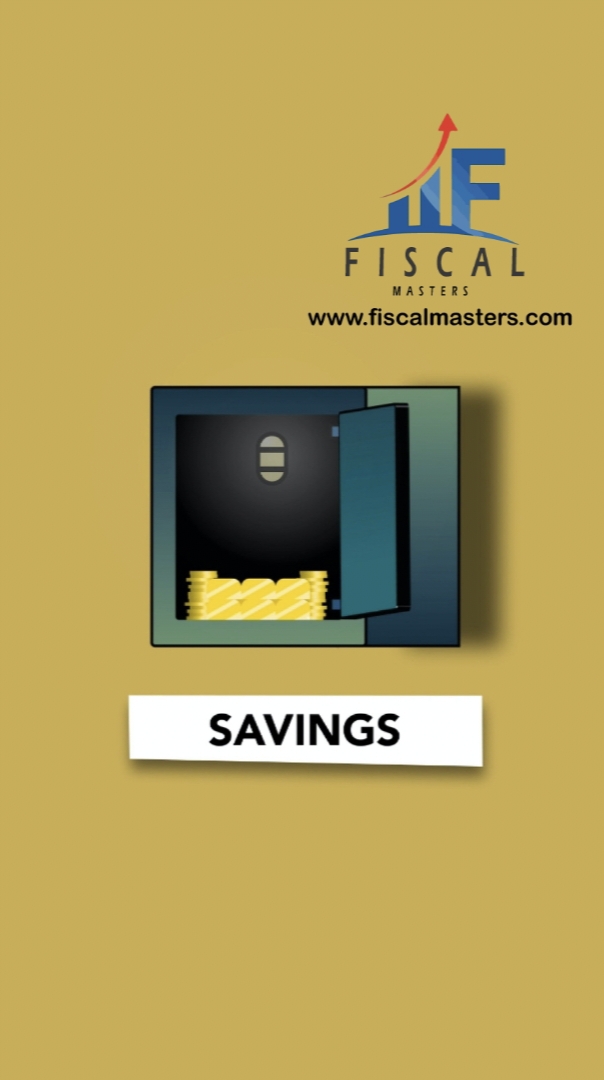
Financial Stability for Young People
Financial security isn’t reserved for the older generation. Young adults need it just as much, if not more. Life transitions are smoother when you have a cushion to fall back on. Emergency fundS safeguard your present and lays the foundation for a financially resilient future.
Building a Safety Net
Building an emergency fund takes time and discipline, but its security is invaluable. Remember that emergencies can happen to anyone, and having a safety net can significantly reduce the stress and financial strain that often accompanies unexpected events.
- Consider designating a percentage of any unexpected windfalls, such as tax returns, bonuses, or presents, to your emergency fund. This can considerably speed up your progress towards your goal.
- Spending mindfully prevents needless costs. Cutting back on luxury purchases will free up funds for your emergency fund.
- It is critical to save your emergency cash for true situations. Avoid using it on holidays, fancy goods, or non-essentials.
- As your living circumstances change, regularly examine your emergency fund’s target amount. Major life events such as marriage, having children, or changing jobs may necessitate increasing the amount of your fund.
Savings for Unexpected Expenses
Aside from minimizing short-term financial problems, an emergency fund is critical to overall financial security. It’s the difference between being driven into high-interest debt and being able to meet immediate requirements without spiraling into financial catastrophe.
Consider the possibility of losing your job abruptly. An emergency fund would be your saving grace if you have expenses to pay and essential requirements to cover. It guarantees that you can continue to pay essential costs such as rent, groceries, and healthcare expenses even if your principal source of income is interrupted.
Moreover, an emergency reserve keeps a short setback from becoming a long-term financial disaster. It gives you the confidence to face these difficult moments.
Read about latest trend of investment Understanding Crypto Wallets: How to Choose the Right Type to Manage your Digital Assets- July 2023
If you cannot save three to six months of living expenses, save whatever you can. Even a small emergency fund can be beneficial in case of an unexpected expense.
Consider the following factors when deciding how much to save for an emergency fund:
- Your work safety: If you have a job with strong job assurance, you might be able to save less for your emergency fund. If your employment is highly unpredictable, you may be required to save more.
- Dependents: If you have dependents, you must save extra for an emergency fund to meet their expenditures.
- Your monthly costs: The more you spend each month, the more you’ll need to save for an emergency fund.
- Your earnings: The more you earn, the simpler it is to save for an emergency fund.
Youth Financial Preparedness
As a young adult, you will confront several financial changes, ranging from further education to employment shifts. Emergency fundS equip you with these changes, allowing you to make informed decisions free of financial restraints.
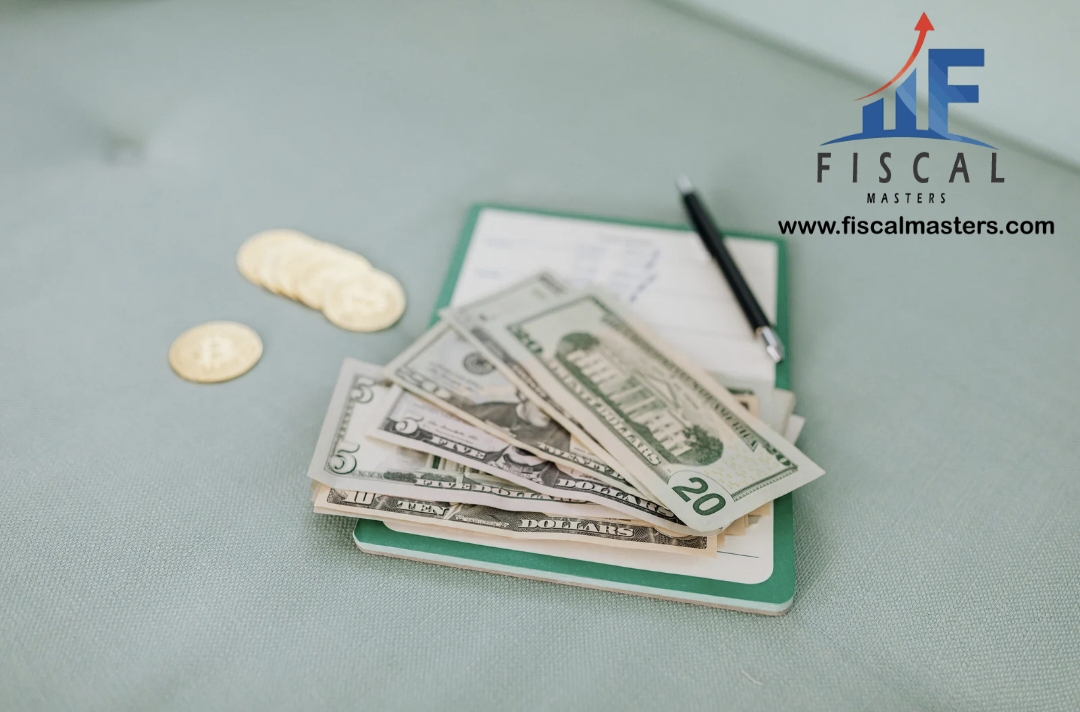
Creating an Emergency Fund
Starting an emergency fund might seem daunting, but it’s achievable with a systematic approach. Begin by setting a monthly savings goal, even a modest amount. Over time, you can increase this contribution as your income grows. Here are a few pointers to get you started.
Compile a List of your Income and Spending
Start recording your income and spending today if you aren’t already. You may discover that you are overpaying on unneeded memberships or impulsive Amazon purchases, which you can cut and put the money towards a rainy day fund.
Take Advantage of Monetary Windfalls to get ahead
Have you received a tax refund this year? Tax returns, presents, yearly bonuses, and other unexpected windfalls can help you boost your emergency savings rapidly.
If you don’t need the money right away for food or living expenses, put it in a high-yield savings account and try not to spend it until there’s a dire need.
Make your Savings more Automated
Setting it and forgetting it is one of the simplest ways to grow your emergency funds. Determine how much of your money can be saved, then set up a direct deposit to your savings account to begin saving immediately every time you are paid.
It’s more difficult to use cash you don’t see; therefore, maintain this account distinct from your ordinary checking or other spending accounts. You may also be allowed to get interest on your savings. You should preferably be able to get your hands on the money immediately if you need it; it should not be in a locked savings account or invested.

Why Young Adults Need Emergency Funds
Financial security in youth
The sooner you start saving for an emergency fund, the better your economic bedrock will be. Youth is the perfect time to develop good financial practices that will benefit you well in the future.
Planning for Emergencies
Emergencies do not discriminate based on age. Whether it’s a medical emergency or a sudden job loss, having an umbrella of protection helps you to deal with these obstacles without jeopardizing your objectives.
Education and Skill Building
Young adults might still be pursuing education or skill-building opportunities. An emergency fund can provide a safety net during these times, allowing you to invest in your personal and professional growth without financial stress.
Independent Living
An emergency fund is crucial for young adults moving to independent living to manage the different expenditures of setting up a household, from furnishings to utilities.
Job Market Instability
Young individuals frequently encounter more job market swings because they are just starting in their professions. An emergency fund can act as a piece of relief during unemployment or underemployment, allowing you to meet basic living expenditures until you find a reliable income source.
Debt Management
Emergencies might result in unanticipated spending that would otherwise be charged to credit cards or loans, thus resulting in debt buildup. An emergency fund can help avoid incurring high-interest loans to meet these expenses.
Planning for Emergencies
Establish a clear strategy from the start, whether you’re creating an emergency fund for yourself or with another person. What is a crisis, and when is it OK to utilize the money? Examples include:
- Medical bills due to unemployment
- Vehicle or house repairs
Set these aside so you’re not motivated to use the money on anything you’ll later regret. If you must spend your emergency money, develop a replenishment strategy. It is critical not to allow it to shrink over time.
It’s also a good idea to review your emergency fund frequently. Because your spending varies, what was three months’ worth of spending a year ago may no longer be sufficient.
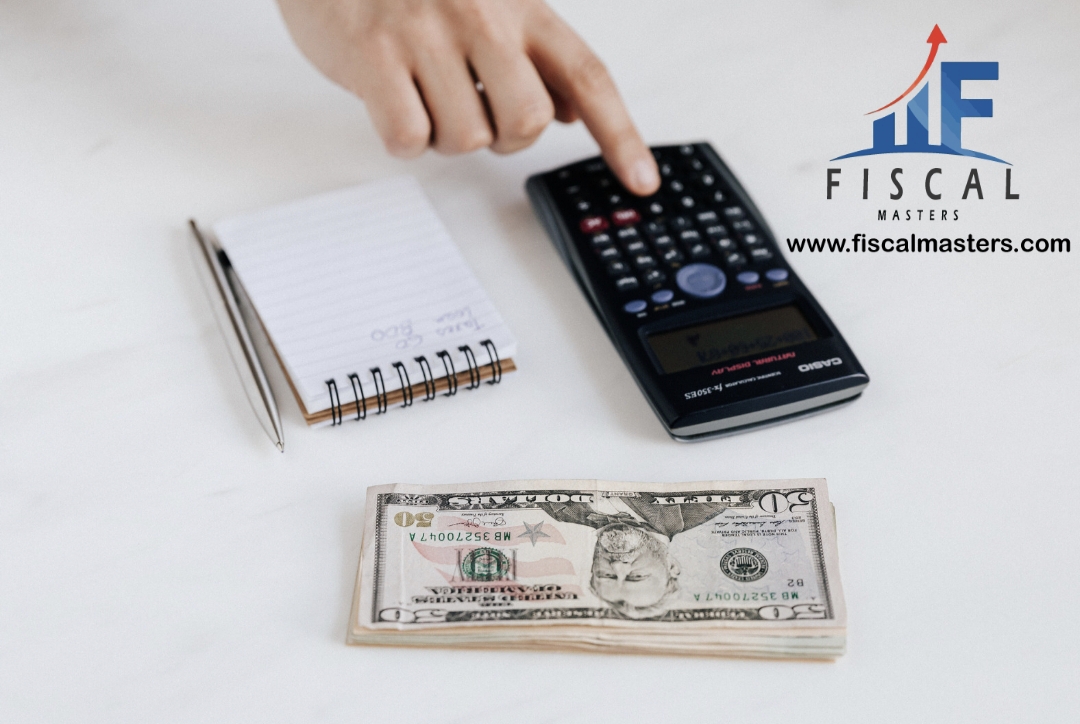
Bottom Line
Finally, an emergency fund isn’t simply a nice-to-have financial buffer; it’s a critical element of a safe financial future, especially for young individuals. Creating this safety net allows you to negotiate life’s uncertainties without jeopardising your long-term objectives. You can customize your emergency fund and savings calculators to your situations, guaranteeing that you’re prepared for anything that comes to your face. So, start saving early and regularly, and see your financial security grow. Your future self will be grateful.
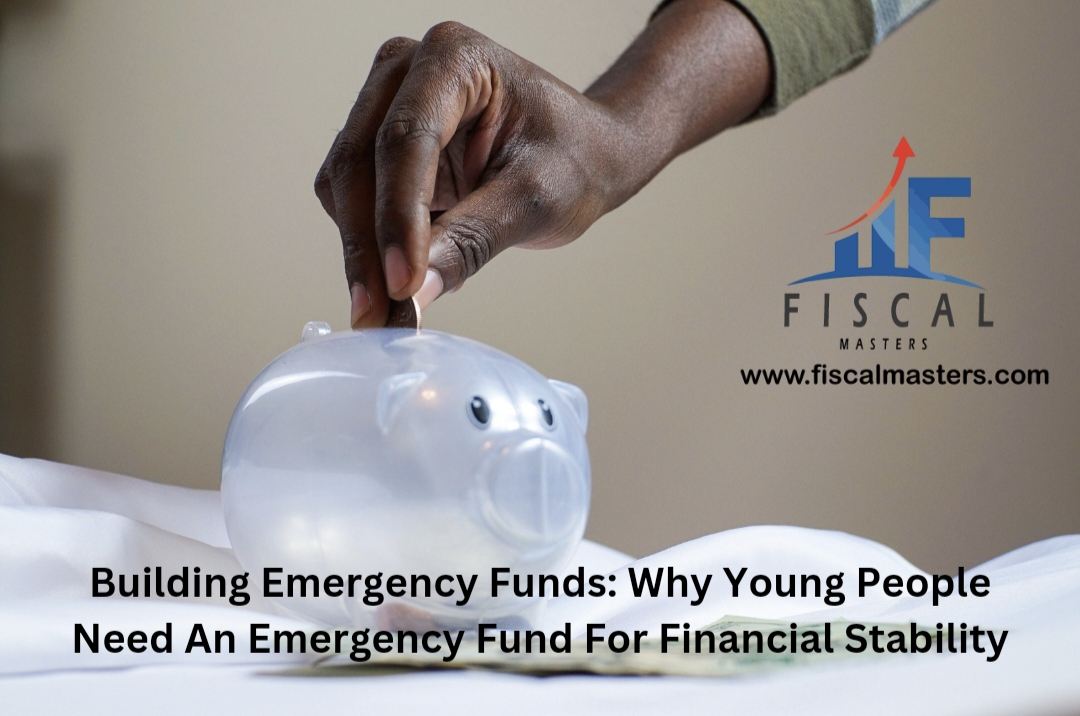
Your point of view caught my eye and was very interesting. Thanks. I have a question for you.